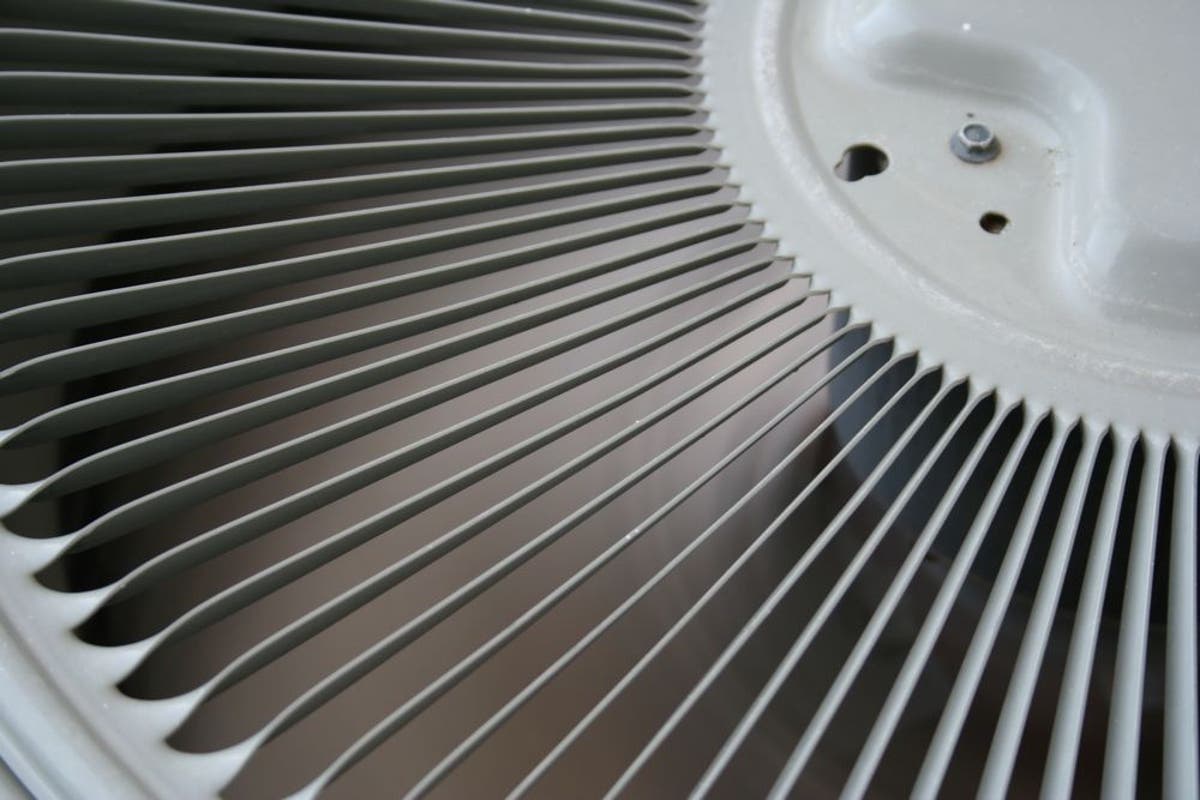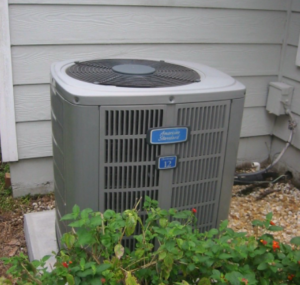Is your HVAC system giving you the cold shoulder? It might be trying to tell you something. Don’t sweat it, though; we’ve got you covered. In this blog post, we’ll uncover the top signs that your HVAC system is in need of some TLC. From strange noises to skyrocketing energy bills, it’s time to tune in and give your heating and cooling system the attention it deserves.
Uneven Heating or Cooling
Do you notice that some rooms in your home feel like the Arctic tundra while others are reminiscent of a tropical paradise? Failing to provide proper 24/7 heating and cooling could be a sign that your HVAC system needs attention. When certain areas of your home are not getting the desired temperature, it can lead to discomfort and frustration for you and your family.
Imagine trying to relax in a too-hot living room or struggling to sleep in a chilly bedroom – not ideal, right? Uneven temperatures throughout your home may indicate issues with ductwork, insulation, or even the HVAC unit itself. The last thing you want is for these problems to escalate and result in costly repairs down the line.
Poor Airflow

Have you noticed that the air coming from your vents feels weaker than usual? Poor airflow is a common indicator that your HVAC system needs maintenance. When air struggles to flow through your ducts, it can lead to uneven heating or cooling in different rooms of your home. This lack of circulation not only affects comfort but also puts unnecessary strain on your system.
Several factors could be causing poor airflow, such as clogged filters, blocked vents, or issues with the blower motor. Ignoring these signs can result in decreased efficiency and potentially costly repairs down the road. To ensure optimal performance and comfort in your space, it’s essential to address any airflow issues promptly by scheduling professional maintenance for your HVAC system.
Strange Noises
Have you ever noticed strange noises coming from your HVAC system? It could be a sign that maintenance is needed. Hearing clanking, banging, or rattling sounds can indicate loose or broken parts within the system. These noises may start off subtle but can escalate if left unaddressed. Ignoring these unusual sounds can lead to more significant issues down the road and potentially costly repairs. Scheduling regular maintenance with a professional technician can help identify and resolve any underlying problems causing these noises. Ensuring your HVAC system is in top condition not only improves its efficiency but also extends its lifespan.
Increased Energy Bills
Have you noticed a spike in your energy bills recently? It could be a sign that your HVAC system is not running efficiently. When your heating or cooling equipment is not functioning properly, it can lead to increased energy consumption. This means that your system has to work harder and longer to maintain the desired temperature in your home, resulting in higher utility costs. One of the common reasons for escalating energy bills is dirty filters or clogged ducts, which force the system to use more power to push air through. Additionally, suppose there are any leaks in the ductwork or issues with insulation. In that case, it can cause warm or cool air to escape, making your HVAC system less effective and driving up energy expenses.
Regular maintenance of your HVAC system is crucial to ensure optimal performance and energy efficiency. By staying vigilant and addressing any signs of trouble promptly, you can extend the lifespan of your system and avoid costly repairs down the line. Remember, if you notice poor airflow, strange noises, uneven heating or cooling, or increased energy bills, it’s time to schedule a maintenance check with a professional HVAC technician. Don’t wait until it’s too late – take care of your HVAC system so that it can continue to keep you comfortable year-round.…






 The central air conditioner is the most common cooling system, especially for larger homes. The system circulates conditioned air through the house via supply ducts. Warm air from the rooms is then circulated back to the central unit for conditioning. Central air conditioners require careful planning before installation is done. Part of the planning is determining the right AC size for the home to ensure efficient energy use.
The central air conditioner is the most common cooling system, especially for larger homes. The system circulates conditioned air through the house via supply ducts. Warm air from the rooms is then circulated back to the central unit for conditioning. Central air conditioners require careful planning before installation is done. Part of the planning is determining the right AC size for the home to ensure efficient energy use.